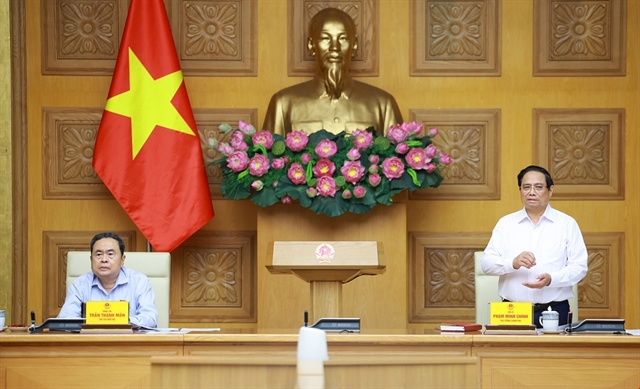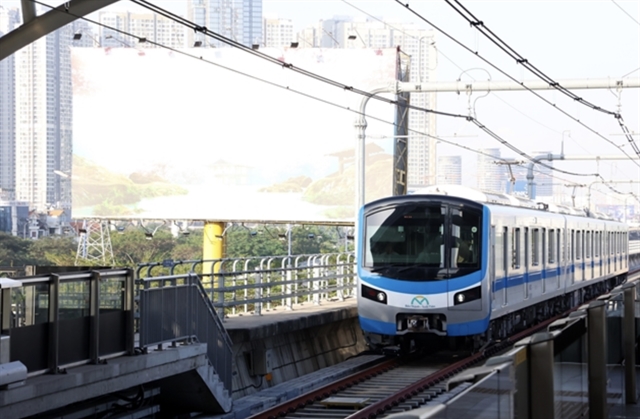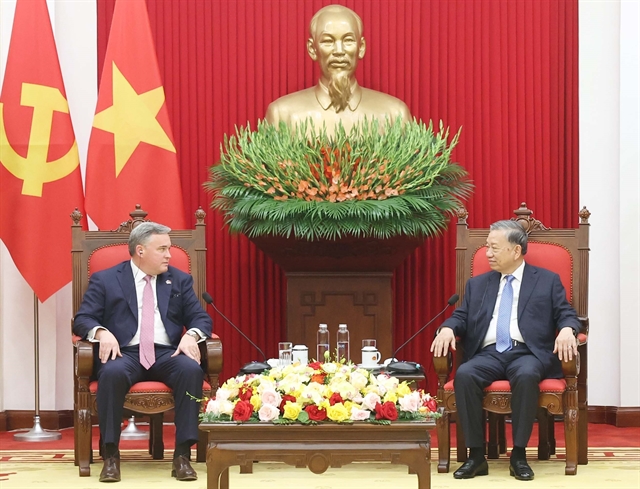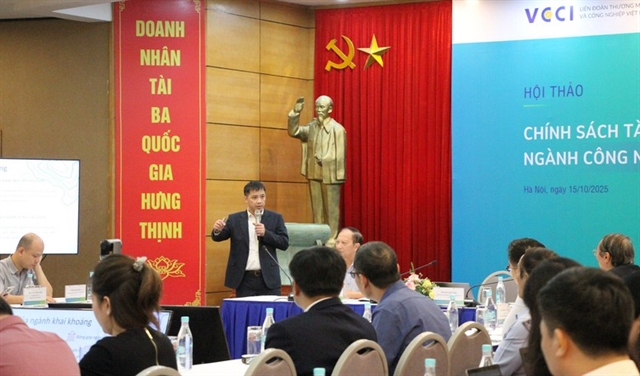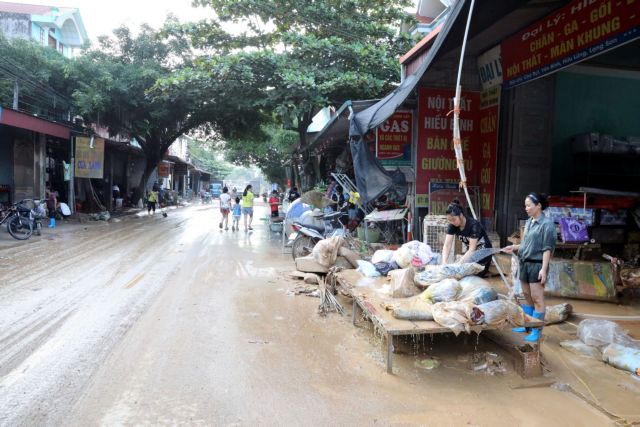 Environment
Environment
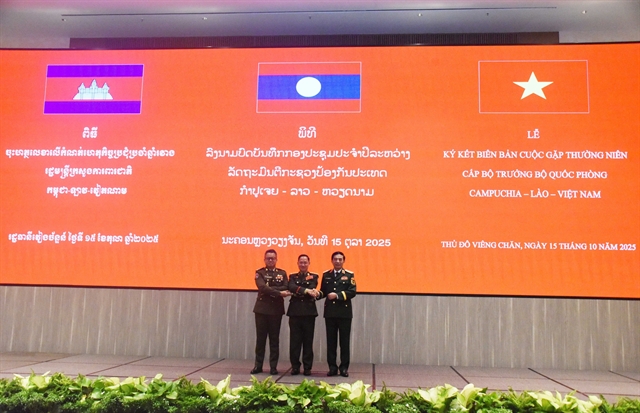
Cities consume 70 per cent of Việt Nam’s total energy and discharge 70 per cent of the country’s total carbon dioxide emissions, a policy dialogue announced yesterday in Hà Nội.
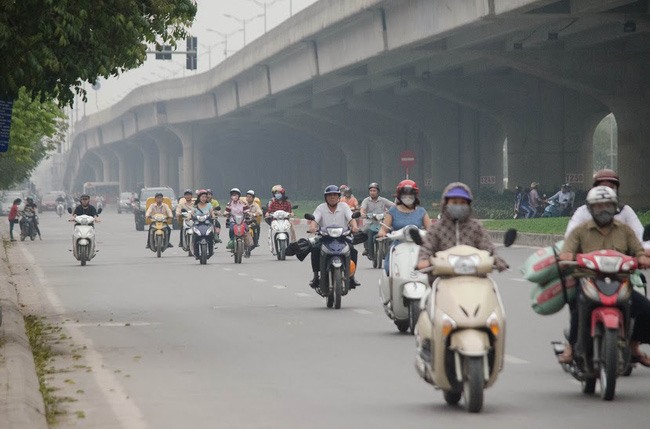 |
| Cities consume 70 per cent of Việt Nam’s total energy and discharge 70 per cent of the country’s total carbon dioxide emissions, a policy dialogue announced yesterday in Hà Nội. — Photo vtv.vn |
HÀ NỘI — Cities consume 70 per cent of Việt Nam’s total energy and discharge 70 per cent of the country’s total carbon dioxide emissions, a policy dialogue announced yesterday in Hà Nội.
The event was co-organised by the Ministry of Natural Resources and Environment, United Nations Human Settlements Development Programme (UN Habitat) and South Korea’s Science and Technology Policy Institute, aiming to determine measures to effectively reduce Vietnamese carbon dioxide emissions.
Carbon dioxide emission discharged from energy consumption account for 26 per cent of total emissions; vehicles emit 13 per cent. Therefore, reducing carbon dioxide emission in cities will play a very important role in Việt Nam’s master plan to cut down carbon dioxide emission by 2030 under the National Determined Contribution (NDC).
Using low-emission energy sources such as compressed natural gas (CNG), liquefied petroleum gas (LPG), ethanol fuel and bio-diesel, and developing public transport are believed to be the major solutions for the situation in Việt Nam, participants said.
Speaking at the event, Nguyễn Quang, director of UN Habitat in Việt Nam, said the country have taken initial steps toward implementing low-emission energy sources and investing in improving public transportation.
In the meantime, according to the Hà Nội People’s Committee, the country will invest US$31 billion in improving the capacity of public transport by 2030. Additionally, it also approved a project of private vehicle management in 2017-20, with a vision toward 2030.
Lee Woo Sung, from the South Korea’s Science and Technology Policy Institute, shared experiences with Việt Nam in reducing greenhouse gas.
South Korea has invested in developing climate-technology-policy since 2014. Its 10 key climate technologies encompass solar cells, fuel cells, bio fuel and by-product gas conversion, he said.
The research investment was nearly KRW 78 billion (US$ 69 million), he said.
Lee also said the South Korea’s Ministry of Science, ICT and Future Planning had planned to become a hub for global climate technology co-operation – linking Korean technology holders to the needs of developing countries around the world, including Việt Nam.
Phạm Văn Tấn, deputy head of the ministry’s Meteorology, Hydrology and Climate Change Department, said Việt Nam plans to develop a low-carbon economy in its updated Nationally Determined Contribution (NDC) for the Paris climate accords.
Finding suitable solutions to cut down Việt Nam’s urban carbon dioxide emissions is very necessary, he added.
Under the NDC, Việt Nam targets to reduce greenhouse gas emissions by 8 per cent by 2030.
Việt Nam signed the Paris Agreement of the United Nations Framework on Climate Change on December 2015 in Paris, and the country ratified the agreement on November 2016.
Each party that ratified the Paris agreement was asked to submit an updated NDC every five years, defining their efforts to contribute to holding the increase in the global average temperature to well below 2°C, pursuing efforts to limit the increase to 1.5°C and achieving net zero emissions by the second half of this century. — VNS

